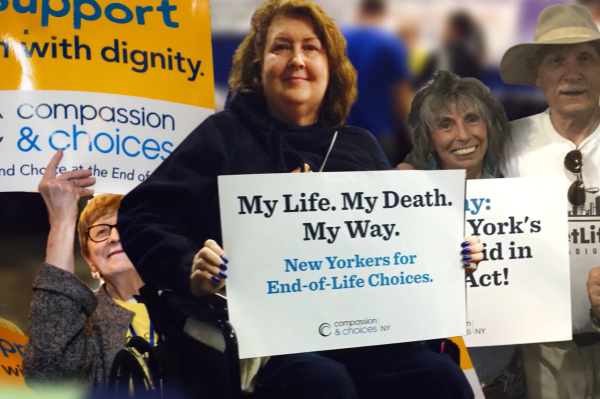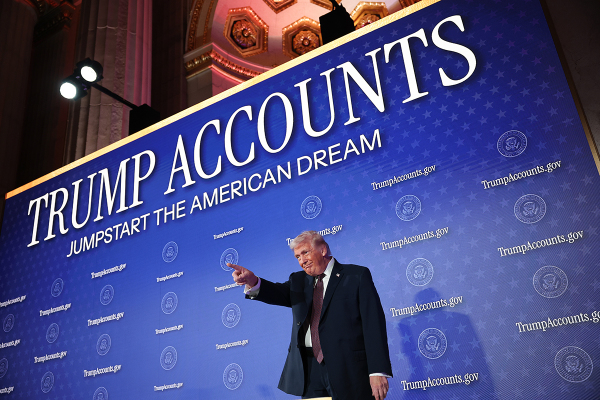Chinese House Churches Petition for Religious Freedom
House churches in China are employing new methods to push the government to peacefully resolve tensions between the Communist Party and the largest unregistered church in Beijing.
Despite the pressure traditionally put on unregistered "house churches," clergy from dozens of these churches are petitioning China's legislature to guarantee the religious freedom of Shouwang Church. Many of the church's members were arrested last month while trying to hold worship services outside.
The petition is the first of its kind in 60 years of communist rule of China, states persecution watchdog China Aid Association. Autumn Rain Church, a signatory church located in Chengdu, said of the petition in a Sunday newsletter, "Starting tomorrow, May 9, the church will pray and fast for three days for this first peaceful petition by Chinese house churches in 60 years."
The newsletter continued, "We ask the Lord to strengthen the church's resolve, and protect and use this citizens' petition to make an open and public defense of our faith."
ChinaAid says the churches' petition represents the bold efforts of the house church movement.
House churches have been emboldened by the Communist Party's April efforts to prevent the Shouwang congregation of over 1,000 members from occupying the premises it originally rented to hold services.
Unregistered house churches such as Shouwang Church are not permitted to openly hold religious services unless they affiliate with a patriotic religious association such as the Three-Self Patriotic Movement or Catholic Patriotic Association, according to ChinaAid.
However, the Pew Research Center estimated in 2007 that 50 million to 70 million Christians practice in unregistered religious gatherings or house churches. Meanwhile, the number of Christians belonging to registered organizations totals less than half of that.
U.S. Commission on International Religious Freedom Deputy Director of Policy and Research Scott Flipse told The Christian Post that before February, the Communist Party had been turning a blind eye to unregistered churches.
However, the Chinese government is upping its enforcement of church regulations in the wake of a rumored political uprising dubbed the Jasmine Revolution.
In a February 2011 speech, Wang Zu'on, head of China's State Administration for Religious Affairs, called on government officials to renew efforts to "guide" unregistered Protestants to worship in state-sanctioned churches and break up large unregistered churches such as Shouwang into small groups.
In response to government efforts to break up Shouwang Church, members assembled outside of its locked church building and tried to hold an outdoor worship service. The police broke up the service, arresting over 100 members including Shouwang's senior pastor, Jin Tianming.
Undaunted, members planned for outdoor prayers on Easter Sunday as they tried to get permission from Chinese officials to celebrate indoors at their usual building. Despite international appeals to the government respect the Christian holy day, dozens were detained while at least 500 were confined to their homes, ChinaAid reported.
Now, other unregistered churches are rallying in support and petitioning to give the Chinese government "a historic opportunity to make a difference by either opening a new better chapter that will affirm and consolidate the religious freedom guaranteed in China's Constitution or allowing the current worsening situation to continue ," said Pastor Bob Fu, founder and president of ChinaAid.
The petition's release comes as talks between U.S. and Chinese officials opened on Monday.
The heads of 16 U.S. government agencies and representatives of 20 Chinese government departments are meeting during the two-day bilateral Strategic and Economic Dialogue summit in Washington, D.C.
As the dialogue opened, U.S. officials pushed China strongly to ease a crackdown against dissidents, according to Reuters. "We have vigorous disagreement in the area of human rights," said U.S. Vice President Joe Biden said, while adding that the Obama administration will continue to raise its concerns with Beijing.
Flipse of USCIRF said earlier the Obama administration must do more during diplomatic discussions such as this week's talks to send a unified message that freedoms of speech and religion are important.





















